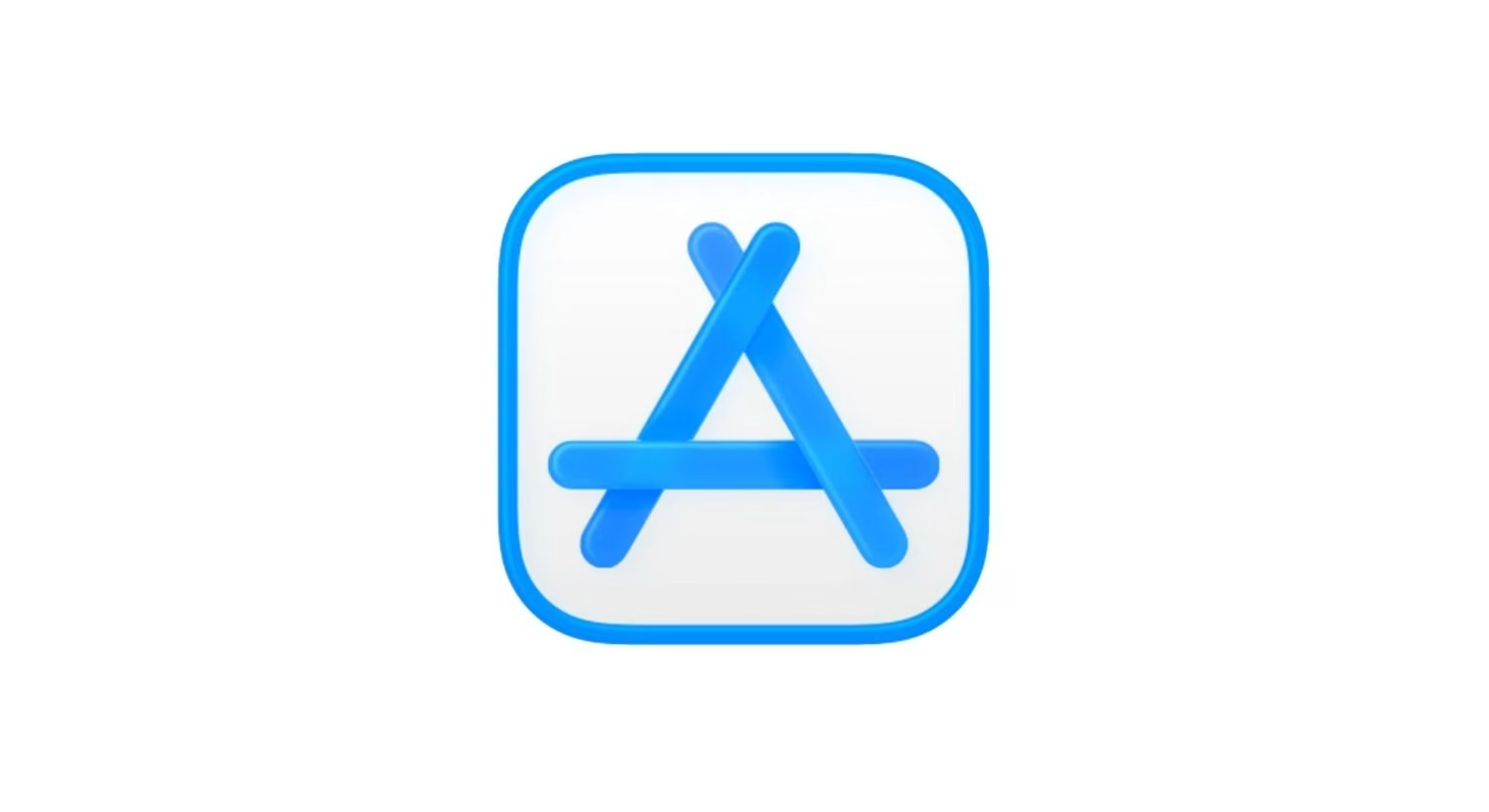Japan has become the 29th country to implement support for third-party iPhone app stores, marking a further erosion of Apple's long-standing monopoly on app distribution. This development, confirmed by reports and developer observations in the recently released iOS 26.2 beta 1, follows an August 2025 ruling by Japan’s Fair Trade Commission (JFTC) that mandated both Apple and Google allow alternative app marketplaces.
Developer Cizzuk tweeted screengrabs from the iOS 26.2 beta showing active third-party store functionality in Japan. These initial reports confirm that stores like AltStore PAL and the Epic Games Store are expected to be available, offering developers and users new avenues for app distribution and acquisition.
Global Momentum for Alternative Marketplaces
Apple has faced increasing antitrust pressure worldwide, with regulators challenging its exclusive control over iPhone app sales and the associated commissions. The most significant move prior to Japan's decision was the European Union's Digital Markets Act (DMA), which compelled Apple to permit alternative app stores across its 27 member nations in March 2024. Brazil followed suit in September 2025, and Australia is anticipated to implement similar mandates by December 2025. Other antitrust cases are pending globally, including an ongoing U.S. Department of Justice trial.
Apple has consistently resisted these regulatory efforts, even calling for the EU's DMA to be repealed. However, the company has begun implementing compliance features, albeit with strict conditions like notarization fees in some regions. Japan's JFTC ruling had initially set a deadline of March 31, 2027, for compliance, but Apple's swift integration into the iOS 26.2 beta suggests a quicker rollout.
iOS 26.2 Beta Brings Changes to Japan
The iOS 26.2 beta 1, released on November 4, 2025 (build 24C5052a), includes initial support for these alternative marketplaces for users in Japan. Apple's official developer blog stated, "To comply with Japan's antitrust regulations, iOS 26.2 beta introduces support for alternative app marketplaces in Japan. Developers must adhere to our notarization process to ensure user safety and privacy." This process aims to prevent malware while opening the ecosystem.
Both Epic Games and AltStore have responded positively to the news. Tim Sweeney, CEO of Epic Games, confirmed plans to launch the Epic Games Store in Japan with iOS 26.2, promising the return of Fortnite without Apple's 30% commission. AltStore, via an official tweet, expressed excitement about expanding AltStore PAL to Japan, noting it would support direct app distribution for indie developers without requiring Patreon. A key differentiator for Japan's implementation is its integration with local payment systems, such as LINE Pay, potentially streamlining transactions for regional users. Furthermore, unlike the EU, Japan's version reportedly does not include an annual marketplace fee for developers, and the JFTC has mandated transparency reports on app rejections.
Market Impact and Expert Outlook
Japan represents a significant market for Apple, with the App Store accounting for an estimated $6 billion annually, roughly 7% of Apple's global app revenue. Bloomberg Intelligence predicts that third-party stores could erode Apple's app revenue by 10-15% in affected regions. For comparison, only 12% of iPhone users in the EU have installed a third-party app store as of October 2025. Japan, with approximately 50 million iPhone users, could see 5-10 million early adopters in the first year. The JFTC ruling applies to both Apple and Google, impacting about 90% of Japan's smartphone market, with Apple facing potential fines up to 6% of its Japan revenue for non-compliance.
Community sentiment on platforms like Reddit's r/apple has shown mixed reactions, combining excitement for potentially cheaper apps with concerns about security. Japanese forums, however, indicate a positive reception, especially for the potential of region-specific apps. Industry analysts, such as Ming-Chi Kuo, foresee a "minimal revenue impact for Apple globally (less than 2%), but a slippery slope for more regions," while tech critic Ben Thompson has labeled the shift as "inevitable." Privacy advocates, including Eva Galperin of the EFF, have raised concerns regarding potential malware risks if Apple's notarization processes are too lax. The JFTC has reiterated its commitment to closely monitoring compliance.
